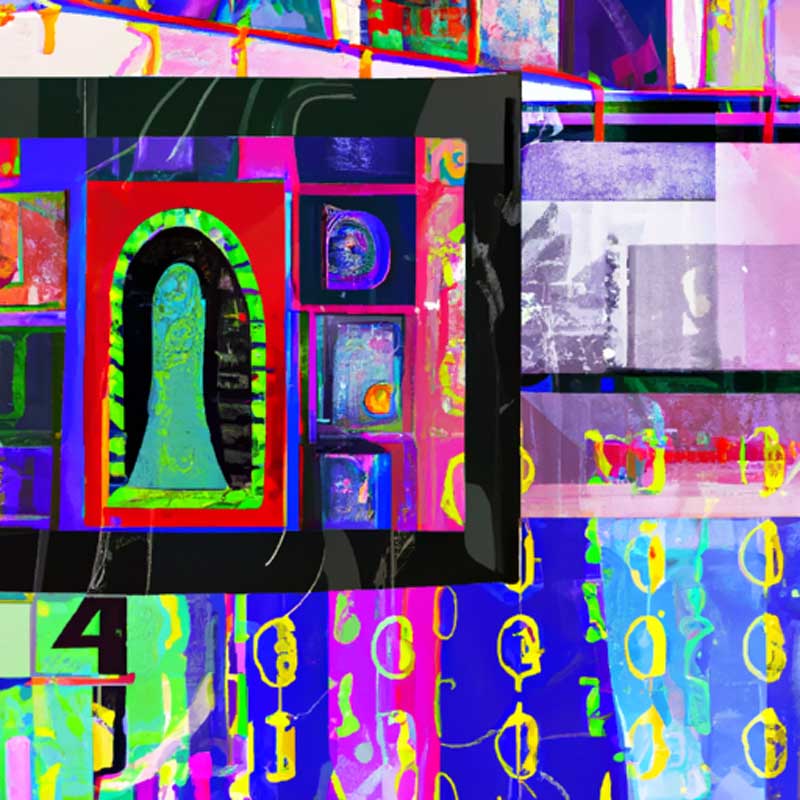TLDR: Key Points
- The major label lawsuits against AI companies Suno and Udio are important cases for the music industry, focusing on fair use and the legality of copying music for training AI programs.
- The central issue in these cases involves the concept of fair use, which provides exceptions to copyright for purposes like free expression and parody.
Why AI Lawsuits May Have a Lot to Do With Andy Warhol, Prince & a 1981 Photograph
The lawsuits filed by major labels against AI companies Suno and Udio are central to the music business, focusing on fair use and the legality of copying music for training AI programs. Fair use exceptions, derived from a four-factor test, allow for transformative uses of copyrighted material. The outcomes of these cases are uncertain but could have significant implications for AI technology in the future.
Determining fair use in the context of AI training involves complex legal questions and could draw parallels to cases like Google Books and the Google-Oracle dispute. The Supreme Court decision involving Andy Warhol, Prince, and rock photographer Lynn Goldsmith also sheds light on the boundaries of transformative use. These legal battles highlight the need for clear licensing agreements in the AI industry moving forward. While AI music creation has practical value, licensing content remains a crucial aspect of compliance with copyright laws.
